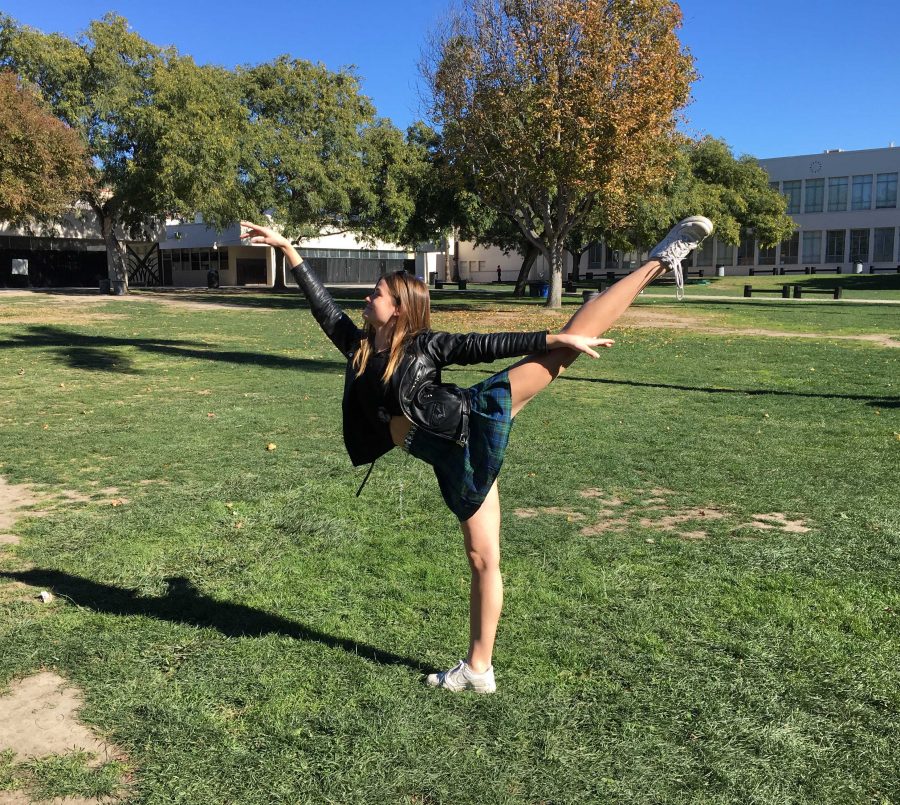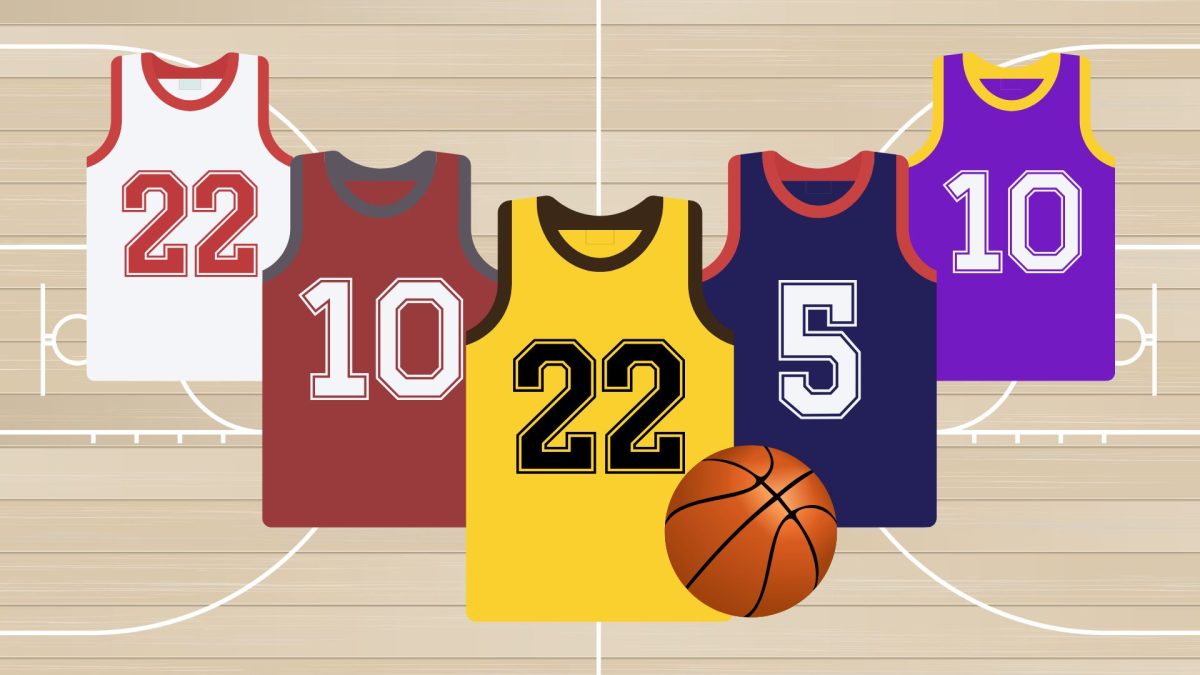Nope! But it can often feel that way, right?
As high school students, we are pushed through a variety of classes that have the intention to prepare us for college and help us figure out what exactly we want to do for the rest of our lives.
So as a 17 to 18 year old, soon-to-be high school graduate, does that automatically mean we are ready to go off to college and decide what we want to do for the next four plus years? Not necessarily.
According to an article, “Not Going to College is a Viable Option,” author and former superintendent Lawrence B. Schlack said, “The go-to-college tsunami has given us colleges full of young people who really don’t know why they are there or where they are going. They’ve been told college is their only option and they are using the experience as a very expensive and often futile form of career exploration.”
However, that being said, there is still a very legitimate stigma looming around high school graduates to immediately attend college. Schlack breaks down the concept, covering both status and economics.
Regarding individual status, deciding to go to college is viewed as “first class,” but not going is considered “second class,” making the societal viewpoint on our academic career appear as unsuccessful.
When questioning the economic value of a college education and its effects, we may contemplate, “Will this investment, possibly leading to a significant debt, be overcomed by the higher paying job I will receive since I have a college degree?” It is engraved in our heads that by earning a college degree, we will likely be on the receiving ends of better, higher paying jobs. Is this necessarily the most logical mentality?
If a high school graduate doesn’t immediately go to college, then what the heck can they do? A few of the most common options include taking a “Gap Year” to travel, work, or participate in public services before making a decision to pursue a college education. Other options could lead to military service, cultural immersion while working in another country, mission work, and the opportunity to be immersed in things that never seemed an option before. And of course, not immediately going off to college doesn’t automatically mean they can never go off to college.
Well, not immediately going to college is obviously an option, but high school students don’t actually do it, right? According to the U.S. Bureau of Labor Statistics, “in October 2017, 66.7 percent of 2017 high school graduates age 16 to 24 were enrolled in colleges or universities.” Making approximately 43.7 percent of high school graduates not immediately enrolled in a college or university, but to clarify, not all will eventually go to college.
Now, the question is, “Will the genuine pressures of immediately attending college after high school ever go away?” Schlack suggested, “[School leaders] should stand up and be clear that college is not the only path to success in life.” In order for the pressures to begin to decrease, high school students not only need to be told, but guided by counselors and advisors about all the different, yet just as honorable routes that can be taken after high school.
Additionally, Schlack sheds light upon a prediction made by the U.S. Bureau of Labor Statistics, which stated that as few as 12 percent of all jobs will require a Bachelor of the Arts. Furthermore, “current estimates are that not more than 20 percent of careers in the work world of tomorrow will require a four-year degree.”
With both advocates guiding high school students through a range of possible and honorable routes for after graduation and a future workforce that is moving more towards making college degrees less of a deciding factor, why aren’t societal viewpoints on high school graduates who decide not to immediately attend college changing as well? Hung up on normalities? Maybe it will just be up to future generations to prove them wrong.















